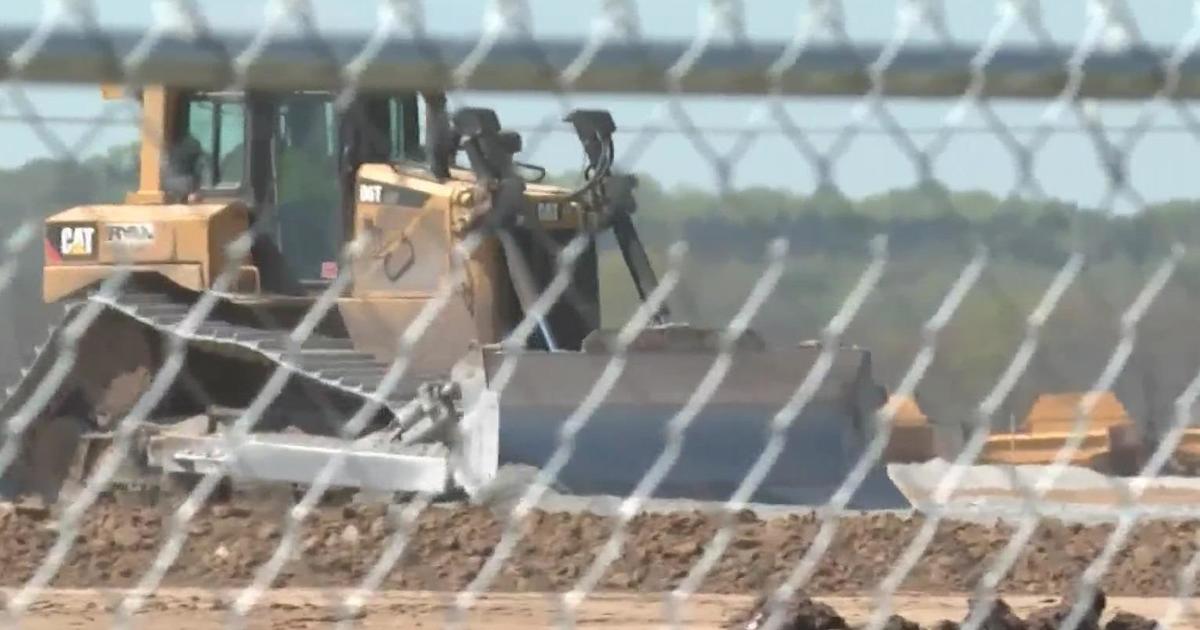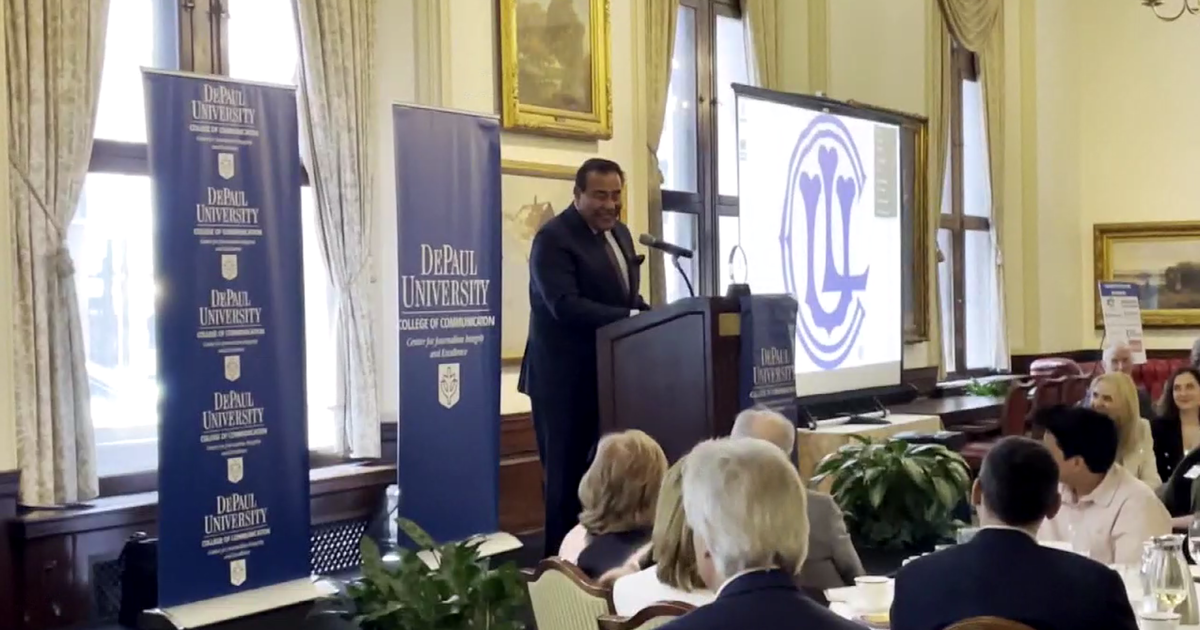Huge Asteroid To Pass Close To Earth This Afternoon
CHICAGO (CBS) -- A massive asteroid will be passing very close to earth, at least in astronomical terms, at 5:28 p.m. Tuesday.
As WBBM Newsradio's Mike Krauser reports, Adler Planetarium astronomer Dr. Mark Hammergren says the event falls into a very interesting category.
LISTEN: WBBM Newsradio's Mike Krauser reports
Podcast
"It's about 1,300 feet across, so it's a little bit bigger than an aircraft carrier in terms of size," Hammergren told WBBM Newsradio.
Asteroids that large do not typically pass so close to the earth. In fact, the last time an asteroid passed this close was in 1976.
An asteroid of this size will not pass this close to the earth again until the 2020s, Hammergren said on the CBS 2 Morning News.
"When they get this close, that allows astronomers to study them in detail, like we can't do if they're much further away," he said.
When an event such as this happens, astronomers around the world mobilize the world's largest telescopes, from which they can split the light emitted by the asteroid into different colors and study their composition.
The asteroid will be about 200,000 miles away -- closer than the moon -- and through at least a 6-inch telescope will appear as a point of light moving against the background stars.
"The thing that's cool about it is understanding what this thing is. A little point of light moving against the stars by itself – that's not very impressive. But knowing that it's this huge chunk of very ancient rock – one of the leftover building blocks of our solar system – that's what's exciting and cool," Hammergren said.
Asteroids are large chunks of rock, metal and sometimes ice that are leftovers from the formation of the planets, Hammergren explained. The earth and all the other planets in the universe were made from similar rocks collecting together.
The asteroid that will pass the earth Tuesday appears to be made of carbon-rich material, Hammergren said.
"It's dark; it's the color of coal, so it's leftovers of the most primitive; the most original material in the solar system," he said.
The asteroid is about 4.6 billion years old, dating back to the very formation of the solar system, Hammergren explained.
You can get out your telescope and try to find the asteroid yourself, but the bad news is that conditions will be cloudy Tuesday evening.



